[dNASAb]
Dataklysmos: Multidimensional Sculptures
April 30 – June 4, 2011
Opening Reception with the Artist: Saturday, April 30, 6-8PM
Irvine Contemporary is pleased to announce Dataklysmos, an exhibition of new multimedia sculptures by [dNASAb]. [dNASAb] is a Brooklyn-based artist who constructs complex, multidimensional works that visualize the world of data and the materiality of digital technology in new ways. In the age of hybrid media, the artist has created a name as an acronym for “Disney-NASA-Borg,” and works in multidimensional sculptures as a deconstruction of what he sees as the “Disneyfication” of our post-digital imagination. This turn is exemplified in our acceptance of Toy Stories versions of the reality in and behind our daily technology consumables. Dataklysmos presents another visualization of our datasphere in the context of Washington, DC, a region that is home to firms that manage Internet architecture and provide major connecting nodes for global Internet data traffic.
The works by [dNASAb] present the question “what if we could reimagine the datasphere in all its materiality, open the black boxes, watch what happens at light speed behind our computer screens, expose the tangled wires, naked circuit boards, and bare hardware in a machine erotics, the secret life behind the screens.” Like a scene from William Gibson’s influential novel, Neuromancer, we find the contradictions of an imagined digital utopia dependent on hacked-together machines terminating in messy, unreliable human wetware.
[dNASAb]’s luminous complexity models work to expose the hidden density of sheer material stuff that feeds our media and computer devices. Our media technologies present themselves in conflicting material forms: on one side we have the sleek, thin, flat-panel, high-res screens of all sizes, the intentional black boxes of the iPhone/iPad, and the metal and plastic hinges of laptops that close with a neat codex clasp. On the other, we have the messy tangle of parts and wires visible inside a broken PC or TV, and the rat’s nest of cables, wires, Wi-Fi routers, AC adapters, and extension cords behind every desk and and living room entertainment unit. Behind it all are overwhelming flows of data, information, and signals that we keep mainly invisible, cables snaking through the walls to the neat wall jack in our office or living room or devices working wirelessly and dependent on invisible radio waves.
The metaphors we use for data conduits are telling: optical glass fibers as waveguides, light pipes, electronic pulses converted into the clarity of pure light. Our computer screens, mobile phones, HD TV screens, iPads, are all back-ended with long-haul optical fiber networks that carry dematerialized signals to the resubstantiated material connections of our physical displays. Or so we imagine. Ghosts in the machine. [dNASAb] gives the invisible technologies a new aesthetic rematerialization, taking .
In recent theory about being human in the digital network era, our bodies and organs have become convertible “prostheses,” extensions as interfaces between the organic and cybernetic: we function as terminals or projections of dataworlds and entertainment spectacles, digital devices in our hands and ears, and screens in all sizes always within eyeshot everywhere we are. Some of [dNASAb]’s works and videos visualize a posthuman body where we have become human projectors and terminals for the digital domain. We act as agents activating a network and as terminal points in a global infosphere, but are unaware of the material conduits of datastreams surging at light speed underground, through floors and walls, and converting themselves into radio waves that terminate in the devices we touch, hold, view, and carry.
[dNASAb] draws from several art historical and conceptual sources from Nam Jun Paik to recent digital media art. He draws from Paik’s television sculptures, installations, and video projections and Paik’s strategies to expose the fetishizing of the screen and television as a presence in lived space. His works can be compared with Julie Mehertu’s large-scale paintings of global networks, cities, and connecting infrastructures and with Matthew Ritchie’s paintings and sculptures.
About the artist
[dNASAb] has a BFA in Sculpture and Mixed Media from Florida State University, and participated in the International Summer Residency at the Experimental Television Center, Owego, NY (2006), where he worked with the “Wobulator,” Nam Jun Paik’s pioneering video synthesizer. In 2010, [dNASAb] was awarded a scholarship at Harvestworks Digital Media Arts Center, New York, and an Artist’s Residency at the Institute for Electronic Arts, Alfred University, New York. He was recently an Artist Honoree at the BRIC Contemporary Art Gala, 2010, “Brooklyn Art:Work”. [dNASAb] has exhibited widely in the past ten years, including exhibitions in New York, Moscow, Basel, Switzerland, Seoul, South Korea, and Paris. He produced a solo installation of new works at Volta, New York (March, 2011), and a solo exhibition in New York with Frederieke Taylor Gallery (2010). He is featured on the MoMA-P.S.1 “Studio Visit” site. He presented his work in the “Contemporary Art + Social Media” lecture at Art Salon, Art Basel-Miami Beach (2009) [view video]. [dNASAb] will have a solo exhibition at the Museum of the Moving Image, NY, next year. The artist lives and works in Brooklyn, NY.
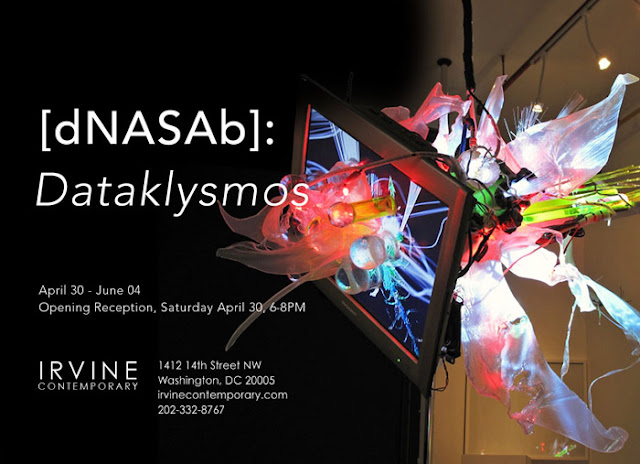

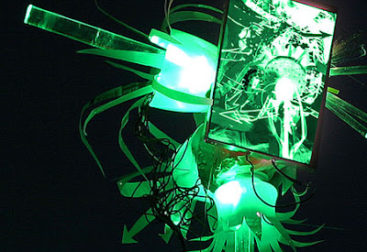

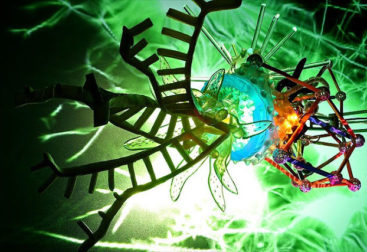
![[dNASAb] x FilmGate x Frost Museum of Science_Immersive Dome Experience_September 18th 2025](https://dnasab.net/wp-content/uploads/FilmGateLogo.jpg)
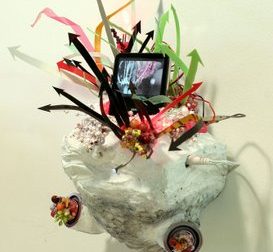
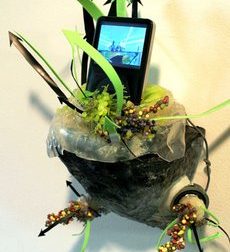
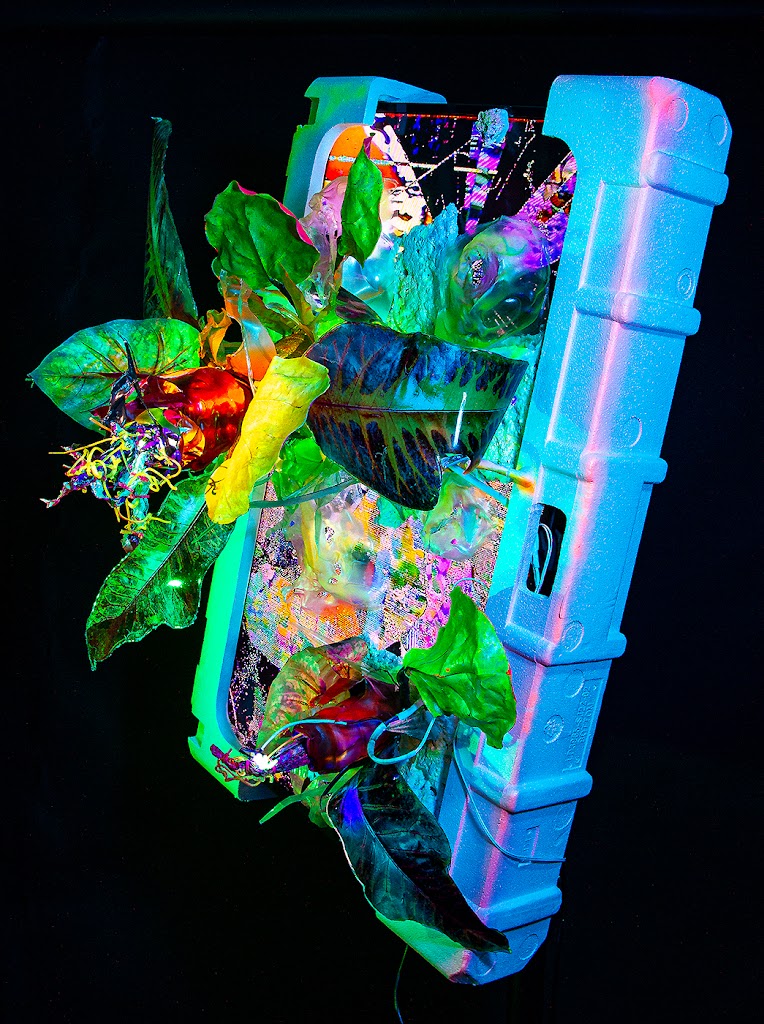
![BLOOMBERG’S NEWEST ART INSTALLATION: THE AQUASCAPING PROJECT by [dNASAb]](https://dnasab.net/wp-content/uploads/BloombergsNewestArtInstallation_USE-367x252.jpg)
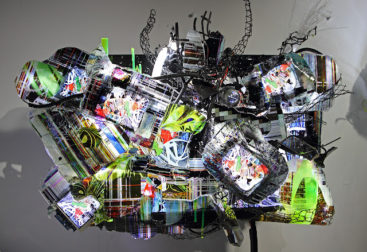
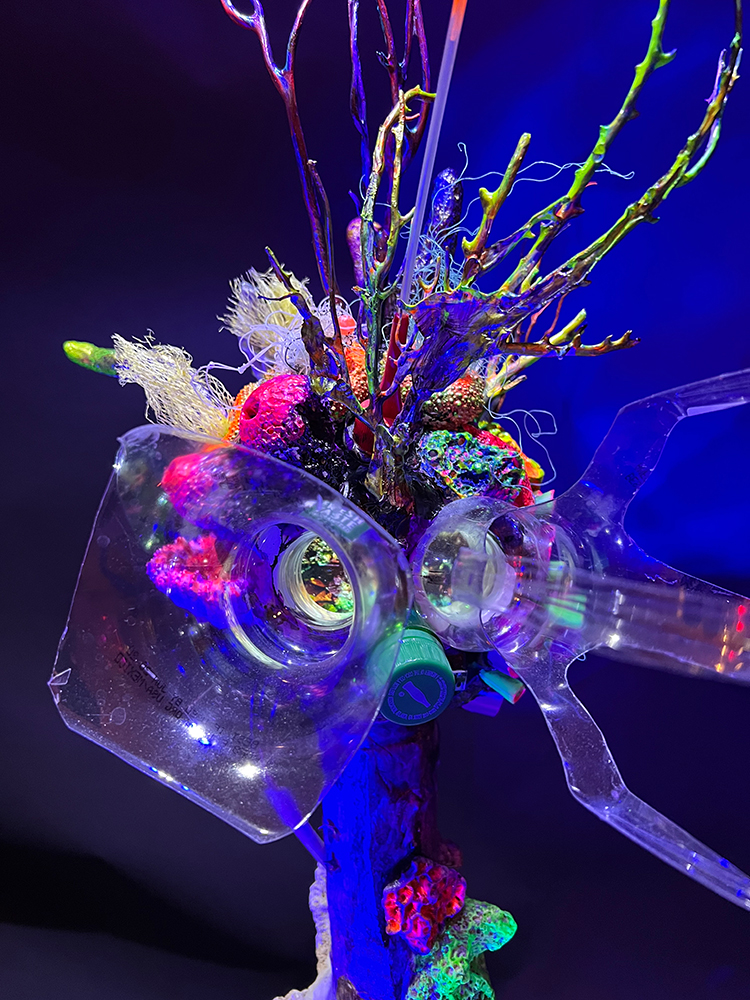
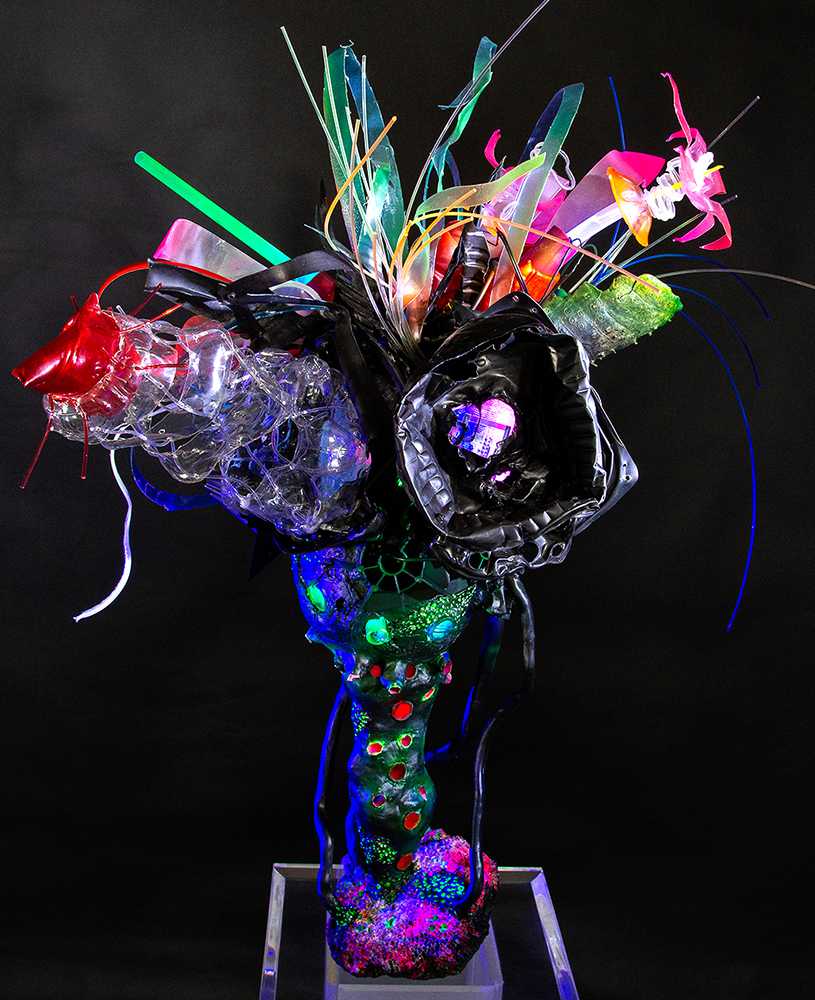
![[dNASAb] X Versace](https://dnasab.net/wp-content/uploads/Versace_dNASAb_USE-367x252.jpg)